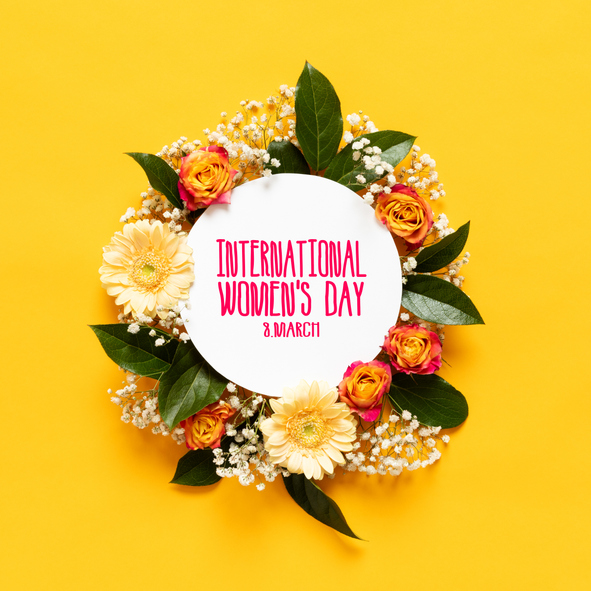In 1977, when the women who would establish the National Women’s History Alliance began planning a women’s history week, they named March 8th as International Women’s Day.
The idea of naming this day was to ensure that the celebration of women’s history would include a multicultural perspective, an international connection between and among all women, and the recognition of women as significant in the paid workforce.
This blog post from the Library of Congress shares stories featuring change-making women.
Elizabeth Cady Stanton, one of the most prominent of the American suffragists, fought to secure equal rights for women, including the right to vote. This podcast episode from ReadWriteThink.org shares details of a variety of feminist books for teens, including works of realistic fiction as well as fantasy, biography, historical fiction, and satire. One of the texts profiles Stanton.
Ida B. Wells worked tirelessly to fight against lynching in the American South through newspapers, pamphlets, and speeches. A former school teacher, she is remembered for her work in both civil and women’s rights. Ida B. Wells’s work as a journalist provided a public forum for her crusade against lynchings and other violations of basic human rights. Read more about her life and work here.
Victoria Woodhull was the first female presidential candidate and operated the first female brokerage on Wall Street and was a proponent of “free love.” Learn more about Woodhull in this podcast “All About Elections.”
What additional women would you like to see profiled?
Curious about the NCTE and Library of Congress connection? Through a grant announced recently by NCTE Executive Director Emily Kirkpatrick, NCTE is engaged in new ongoing work with the Library of Congress, and “will connect the ELA community with the Library of Congress to expand the use of primary sources in teaching.” Stay tuned for more throughout the year!

